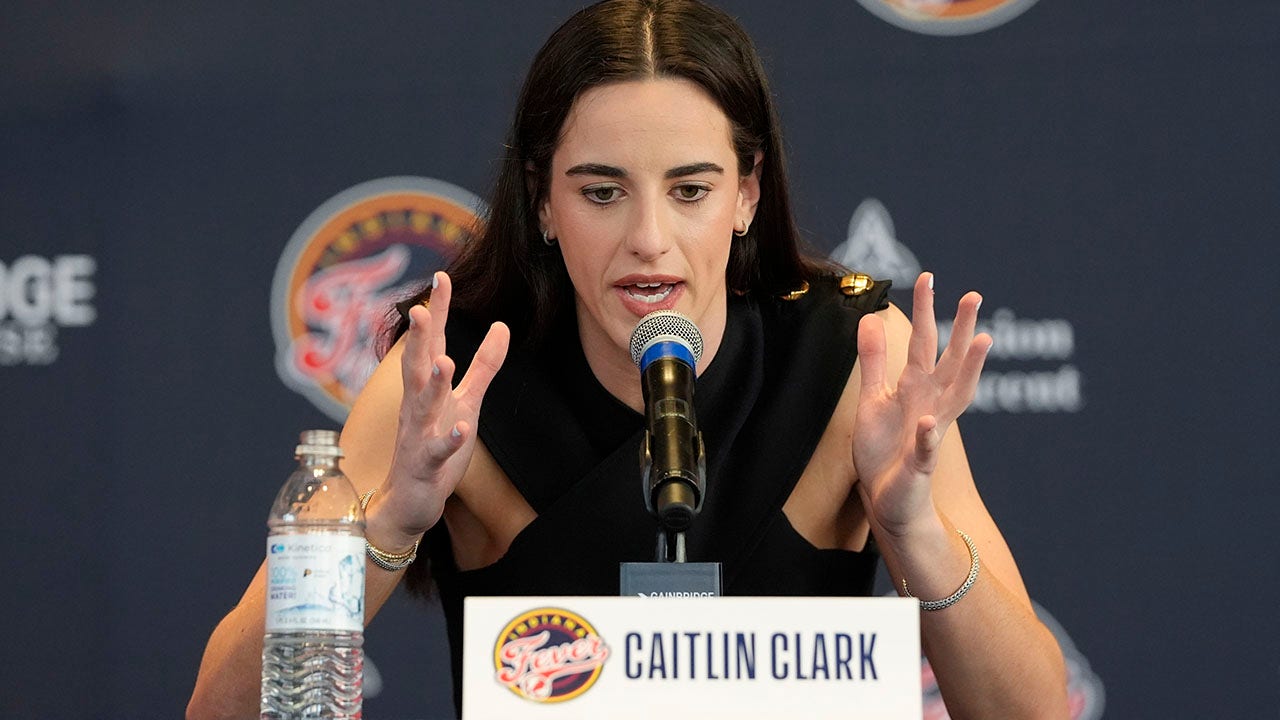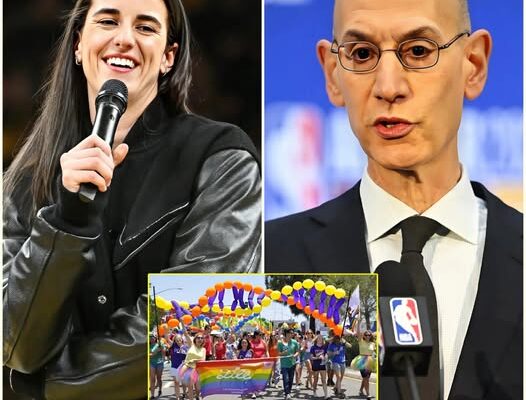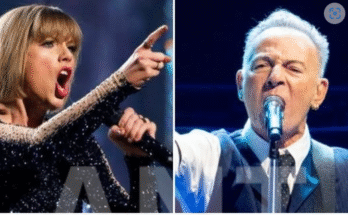In a bold and direct move, Caitlin Clark has sent a five-word message to NBA Commissioner Adam Silver following the Indiana Fever’s refusal to post a Pride Month message on their official social media accounts. The controversy has stirred up significant debate in both the WNBA and the larger sports community, but Clark’s powerful words have quickly captured attention.
After the Indiana Fever made headlines for not participating in the Pride Month celebrations, Clark, who has been a vocal advocate for inclusivity and social justice, was reportedly fined by the league for speaking out publicly in support of Pride Month. Her response to the situation, however, has been one of both defiance and empowerment.

Caitlin Clark’s Message: A Stand for Individuality
In a direct statement to NBA Commissioner Adam Silver, Caitlin Clark sent just five words that spoke volumes about her stance on the issue:
“We all have the right.”
While the message was brief, its meaning was clear: Caitlin Clark is standing firm in her belief that individuality and personal rights should be honored in sports—especially when it comes to matters of identity, pride, and equality. She has been a prominent advocate for athletes to have the freedom to express themselves, without the pressure of adhering to collective corporate or social expectations, especially during Pride Month.
Clark’s message came after the Indiana Fever’s decision to remain silent on the matter of Pride Month, which led to significant backlash, particularly from players and fans who felt the move was regressive and out of step with modern values of inclusivity and support for the LGBTQ+ community.
Standing Up for Self-Expression
In an exclusive follow-up, Clark elaborated on her statement, expressing her displeasure with being fined for simply standing up for her beliefs. She made it clear that her advocacy for Pride Month wasn’t about demanding others follow the same path, but about allowing everyone to express their truth freely.
“This isn’t about Pride Month itself,” Clark explained. “It’s about standing up for the right to be yourself, no matter what. We all have the right to express who we are, and that’s what I stand for—all year long.”
Clark’s comments reflect her belief that sports should provide a platform for empowerment, where athletes have the freedom to express their identities without fear of being penalized for their beliefs or personal choices.

The Debate Over Pride Month and the WNBA
The controversy surrounding the Indiana Fever’s decision to refuse posting a Pride Month message has divided the WNBA community. Many athletes, including Caitlin Clark, have argued that the league must take stronger stands on social issues, especially when it comes to matters like Pride Month and LGBTQ+ rights. On the other side, critics of the Pride Month “mandates” argue that teams and players should have the freedom to choose their own stances without being forced into conformity.
“It’s about understanding that not everyone’s journey or expression looks the same,” said A’ja Wilson, one of the league’s most prominent players. “But at the end of the day, we should respect each person’s right to their own voice.”
The fallout from the Indiana Fever controversy has raised important questions about whether sports leagues should require players and teams to align publicly with specific social causes, or whether individuals should have the right to make their own choices without fear of retaliation.
Caitlin Clark’s Advocacy for Equality
Throughout her career, Caitlin Clark has proven herself to be a fierce advocate for equality, freedom of expression, and inclusivity. While she has often used her platform to support LGBTQ+ rights, her statement against the fine highlights a broader issue of individuality in sports.
“We shouldn’t need Pride Month to express our identity,” Clark added in her interview. “The message I’m sending is that we should be able to show pride every day. Pride isn’t limited to a month.”
In a sports world increasingly shaped by personal branding and social activism, Caitlin Clark’s stand on this issue is resonating with a generation of athletes who are eager to define their careers based on their own values.




